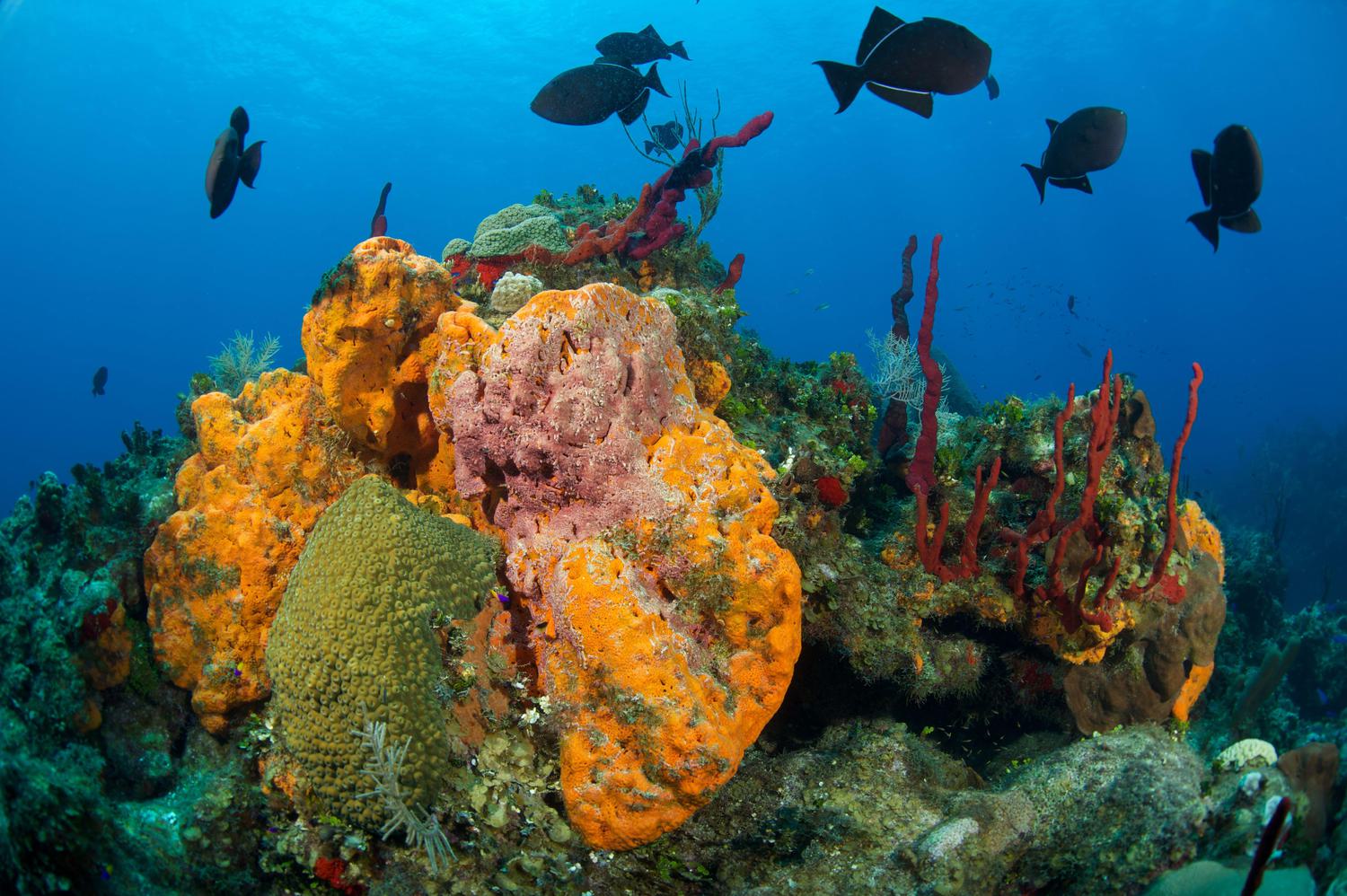Lionfish are a significant ecological issue throughout the Caribbean. Luckily, this issue has been identified and, over the years, has been effectively controlled through organised culls in the Cayman Islands. Such initiatives have considerably reduced the lionfish population.
Native to the Indo-Pacific region, it’s believed that an aquarium owner released only eight captive lionfish off the coast of Florida in 1985. While lionfish are strikingly beautiful creatures with their distinctive stripes and spines, they are also an eco-disaster to the Caribbean and its dive industry. They are invasive predators that devour small and juvenile fish and crustaceans in large quantities. They also compete with native species for space and more food. This, coupled with the fact that they can reach reproductive maturity at less than one year old, and lay 30,000 eggs every four days, makes them a major problem for Cayman waters, especially since they have no known predators, meaning that in the absence of any intervention their population will only multiply.
The Cayman community is doing its bit by culling the lionfish in order to combat their growing population and save the marine life as well as the dive industry. However, be aware that lionfish are extremely venomous. Do not attempt to catch one without proper Department of Environment (DoE) training and a licence. Divers, snorkellers, and fishermen can obtain licences from the DoE to remove lionfish from the sea. The DoE and a number of dive operators (Ambassador Divers, Divetech, Red Sail Sports and Ocean Frontiers) run a 90-minute licensing course that is open to everyone. For more information call the DoE on (345) 949 8469 or visit the DoE website.
A surprising fact is that lionfish are delicious and completely safe to eat. As a white fish, they are mild and flaky when cooked. If you don’t want to catch them yourself, they appear on the menu at Tukka East and Eagle Rays Bar & Grill in East End and other restaurants across the Island. This is one reef fish we can eat with a clean conscience!





